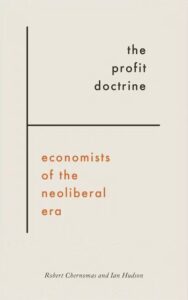
IT IS THE RESPONSIBILITY of intellectuals to speak the truth and to expose lies. This, at least, may seem enough of a truism to pass over without comment. Not so, however. For the modern intellectual, it is not at all obvious.
Noam Chomsky
The Responsibility of Intellectuals, The New York Review of Books, February 23, 1967
Project Pathumwan is going through a bit of restructuring and transition at the moment. With the regular issues of student essays coming to an end, the archives will still be available for students to revisit and access.
The next phase of Project Pathumwan will involve using this page as a central hub for our non-profit activities focused on education and communication. We will be introducing a podcast and some exciting new contributors.
We are in the process of developing a full economics curriculum with a cycle of featured courses – including original textbooks, notes, and live stream lectures – that will be open to the public free of charge.
Check out our other pages for specific areas of focus such as guidance on news media consumption, including our Beginner’s Guide to Media, and our teaching page.
Suggested Readings
Chernomas & Hudson (2016) The Profit Doctrine [free to read]:
Hill & Myatt (2010) The Economics Antitext:
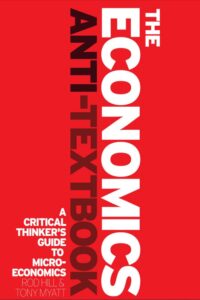
Magnuson (2011) “Pathways to a Mindful Economy,” Ch 5 in Zsolnai Ed.:
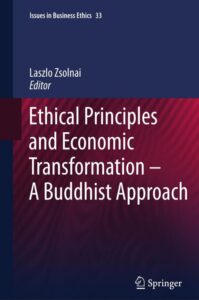
Latest Student Publications
Vol 9, No 2: December 2022
December 1st – December 31st

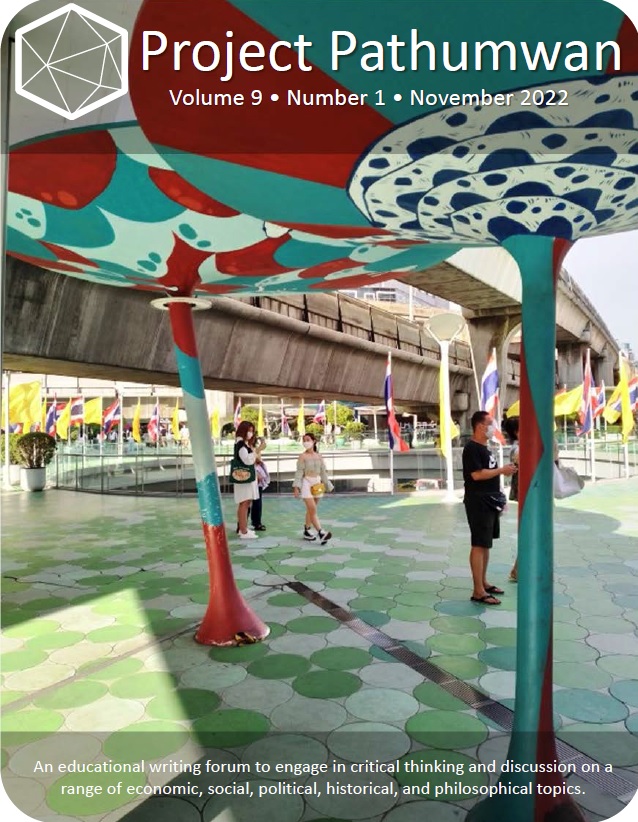
Vol 9, No 1: November 2022
November 7th – November 30th
Still, in the universities or in any other institution, you can often find some dissidents hanging around in the woodwork—and they can survive in one fashion or another, particularly if they get community support. But if they become too disruptive or too obstreperous—or you know, too effective—they’re likely to be kicked out. The standard thing, though, is that they won’t make it within the institutions in the first place, particularly if they were that way when they were young—they’ll simply be weeded out somewhere along the line. So in most cases, the people who make it through the institutions and are able to remain in them have already internalized the right kinds of beliefs: it’s not a problem for them to be obedient, they already are obedient, that’s how they got there. And that’s pretty much how the ideological control system perpetuates itself in the schools—that’s the basic story of how it operates, I think.
Noam Chomsky
Fate of an Honest Intellectual, Excerpted from Understanding Power, The New Press, 2002, pp. 244-248
Special Issues
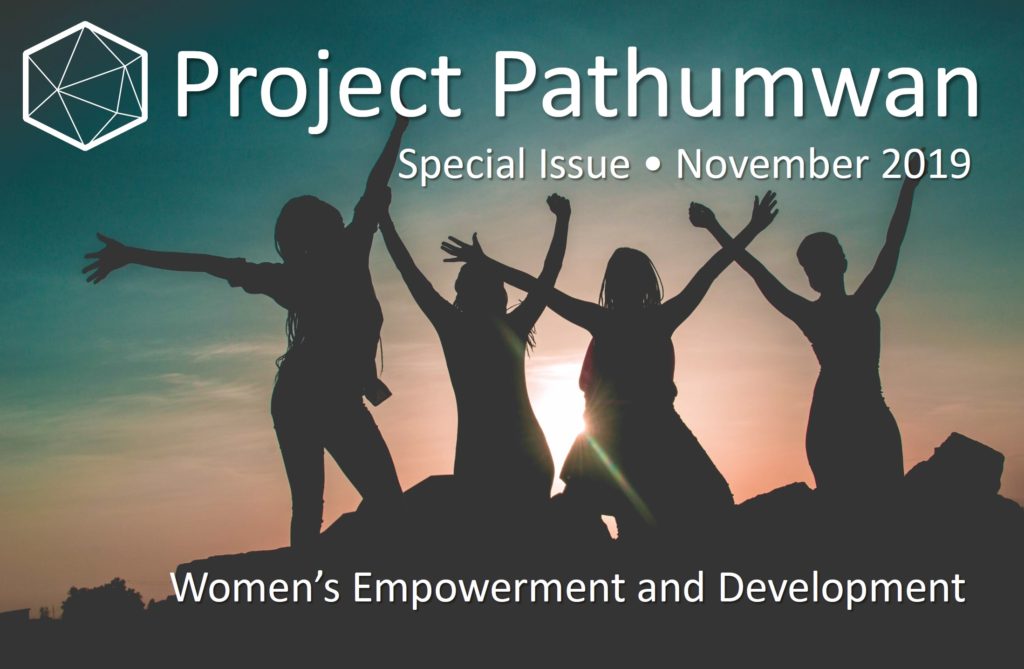
Featured Essays
“Man seems to be still far too unintelligent an animal to realise that that happiness comes from harmonious relations with one’s fellows and service to mankind rather than in dirty, unprincipled, self-seeking existence.”
Weary Dunlop (from his War Diaries, Konyu Camp, 28 February 1943)
“I am for truth, no matter who tells it. I am for justice, no matter who it is for or against.”
Malcolm X
“I thought the purpose of education was to learn to think for yourself.”
Dead Poets Society



